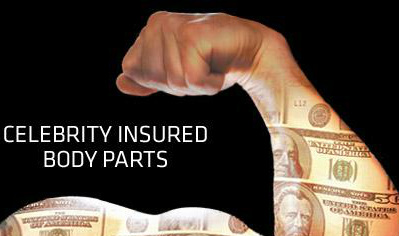See the latest false advertisement claim in this article - MAKE-UP MADE WRONG
Marketing and Advertisements are all over the place. TV, newspapers, radio, billboards, you name it. One thing that marketing and advertising does for us is give us bits of information that entice us to purchase a product. Purchasing products based on promises an advertisement gives us leads us to focus on that promise when using a product. If a product promises something in an advertisement, they better be right! Lawyers drool over the opportunity to pick apart these issues, so making an unsupported scientific claim is the worst thing a business can do. So, for those of you who run a business, always take precautions when making claims about your products. Also, keep in mind that you can have protection through an insurance policy to cover you for Advertising Injury. See the excerpt below from one of my companies for more information on how we can cover your Media Liability.
Coverage can include:
- Defamation: Arises from false information that is communicated to others and damages a person's reputation or business. Allegations made in lawsuits include libel, meaning defamation in print or by broadcast; slander, meaning defamation by way of oral communication; and trade libel, meaning print or broadcast defamation of a business or a product.
- Product defamation: The demeaning of performance or value of a product.
- Personal disparagement: Involves damage to community or business activities as a result of a publication or broadcast.
- Invasion or infringement: Interference with the right of privacy or publicity including intrusion, public disclosure of private facts, unwarranted or wrongful publicity, false light, or the use of name or likeness for profit. Invasion of privacy laws vary widely from state to state, and the law often is unclear within a given state.
As always, if you ever have any questions, feel free to contact me at any time!

 RSS Feed
RSS Feed